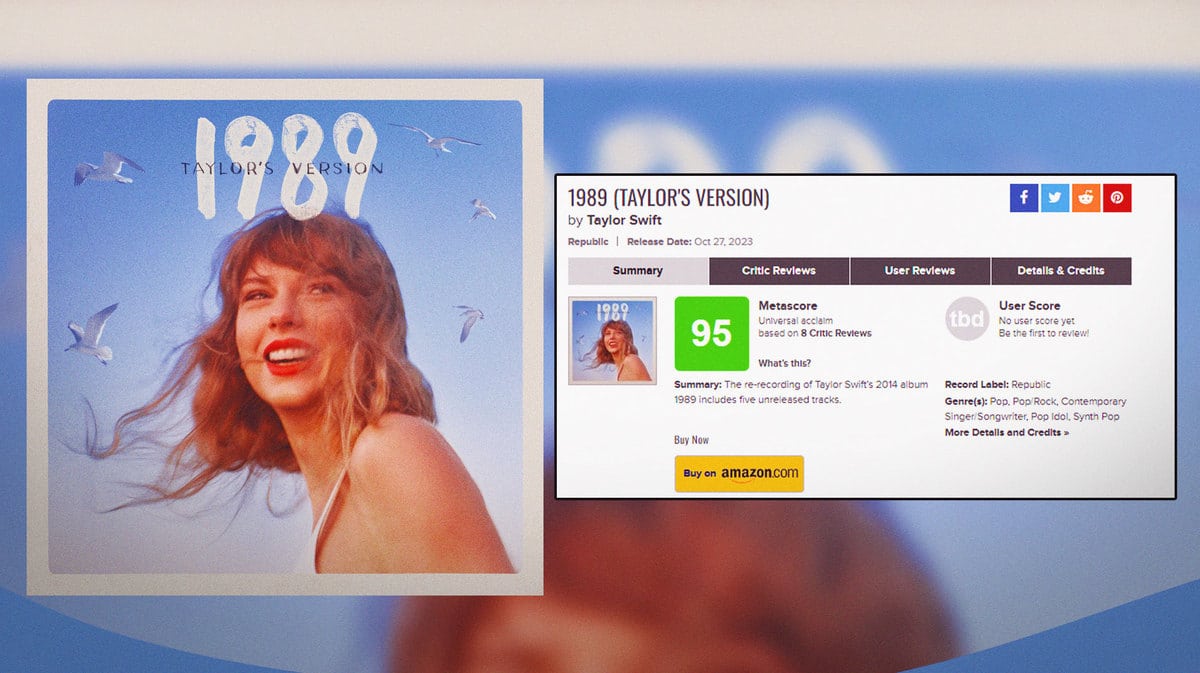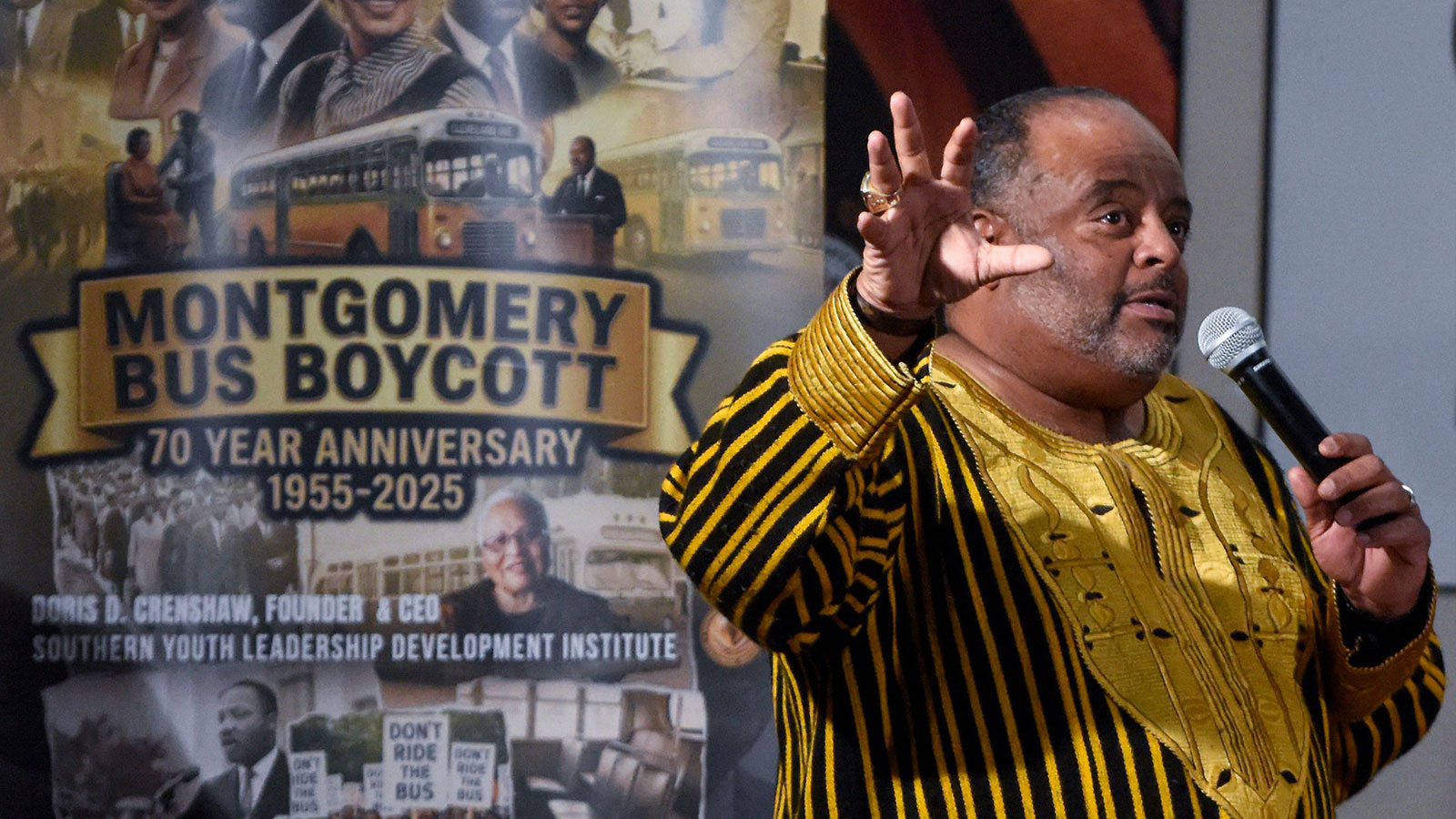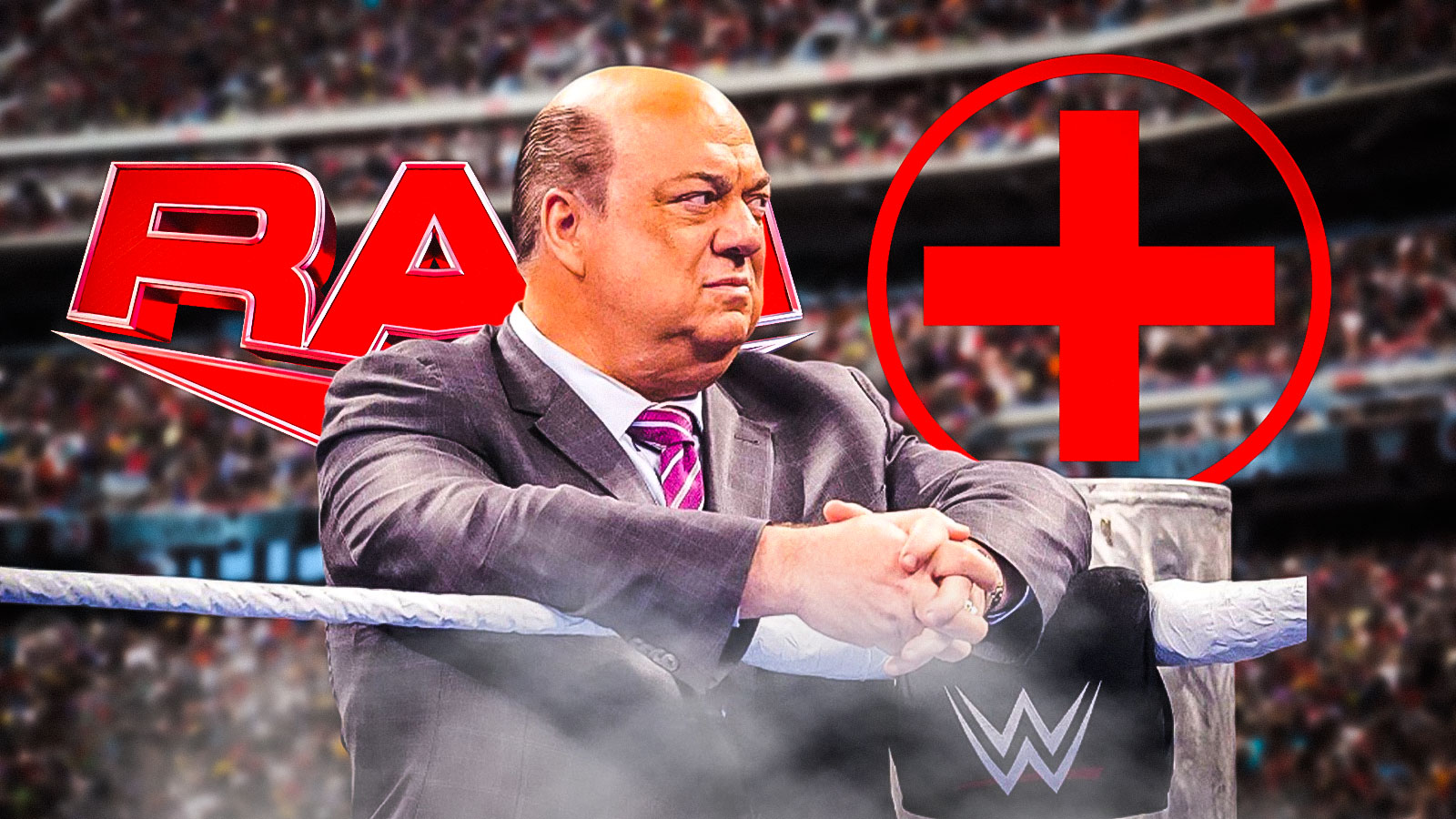The first reviews of Taylor Swift's 1989 (Taylor's Version) are in.
On Metacritic, Swift's fourth re-recorded album has a 95 out 100, rating it with universal acclaim.
All eight (as of this writing) critics' reviews praise Swift's more mature voice, sounding crisper in the re-recording.
1989 (2014) vs. 1989 (Taylor's Version)
NME points out that some of Swift's song having “a touch more wisdom or a knowing wink from the other side of heartbreak” instead of the rawness heard in the 2014 version.
However, the Vault tracks tell a different story. Is It Over Now “stings with more resentment.” Say Don't Go “is charged with a similar kind of anguish.” Now That We Don't Talk showcases “Swift's versatile, honeyed vocals” with “delightfully dry, youthful lyrics.” Suburban Legends “calls back to the evocative detail of Swift's previous eras.”
All in all, the album is deemed to be “a celebration of the moment Swift really took ownership of her pop sound” seeing as the original “forged an identity that was an evolution of Swift's own sound.”
The Independent seems to prefer the Max Martin versions, calling Style originally “a relentless headrush that feels like speeding down a highway at night” now “sounds punishingly compressed here, as though the mastering is off.”
The British newspaper also favors the original mainly due to the “raw mania” of Swift's voice in Blank Space. The reviewer considers the pop singer's more polished vocals “technically better”, but enjoys the “yearning strain” of Swift's voice in 2014.
It still doesn't detract from 1989 still being an “untouchable greatness” and “potentially some of the best pop ever made.”
Clash, overall, likes the album. Unlike The Independent, the news site believes Swift's improved vocals made this version better.
The instrumentals “are cleaner and more impressive.” Clash still hears the 2014 Swift — only with “crystal clear pronunciation.”
Variety sees the album as Swift “shedding her last traces of romantic naivete” and yet her “seminal earnestness” still runs through this album's version. Her Vault tracks have her “falling for a higher class of rogue.”
The Guardian has a more practical view of the re-recording, calling it “commercially milkable” and a “morally upstanding business exercise.” And it adds, “you could feasibly not know who Taylor Swift was before it. You couldn’t afterwards.”
This is Taylor Swift (2023 version)
One common thread among the reviews is that while they may wax nostalgia over the original 1989, Taylor's version definitely demonstrates the maturity that 2022 (the year she recorded this album) Swift had. And its recent release definitively showcases the star power that is 2023 Taylor Swift.




















